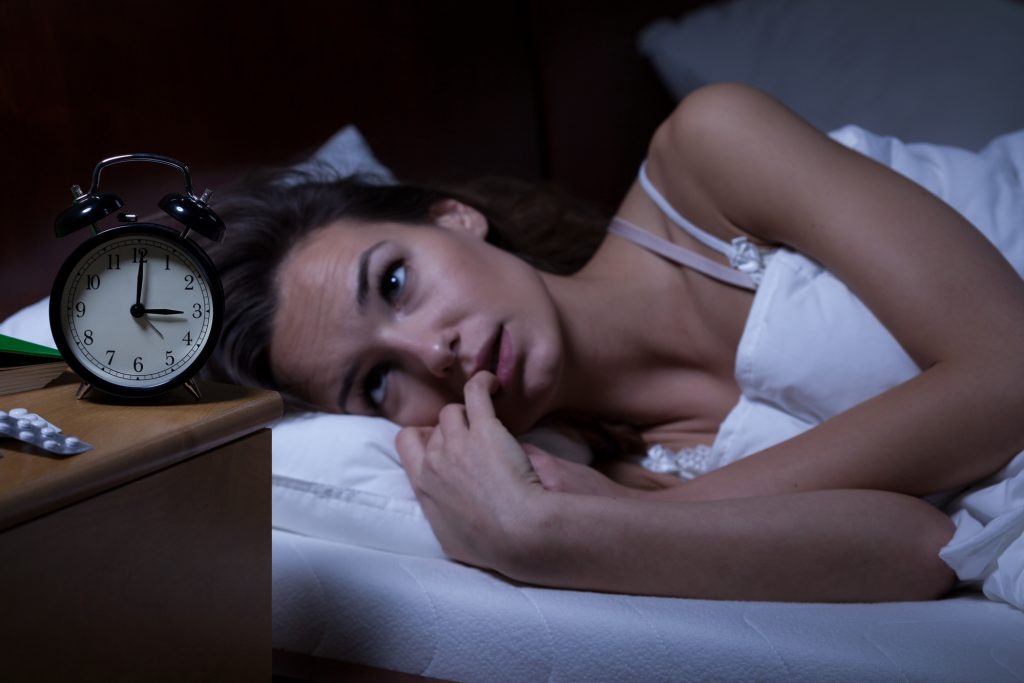You know the feeling of elation and simultaneous fatigue after the past night, when the body requires rest, and the brain seems to be full of energy. Scientists from the American University in the North-West set out to find out what causes such symptoms. Neuron magazine talks about this, presenting the results of their recent study.
Long-term sleep deprivation has long been under the radar of scientists, but much less is known about short-term sleep deprivation. However, it is precisely this kind of single night’s rest that often happens to people, especially those who are faced with the need to prepare for important events such as exams.
In an experimental study, the scientists used mice and a device that deprived them of sleep: a chamber with a small platform where the rodents could catch themselves asleep, but any sound snooze they might do was interrupted by contact with a moving element. After spending 12 hours in these conditions, the mice showed changes in behavior, including aggression and hyperactivity, which were compared to animals that slept normally.
A study of the brains of mice showed that lack of sleep leads to increased activity of certain neurons that produce dopamine, the “pleasure hormone” that plays a central role in the brain’s reward system. Particularly interesting was the discovery that the activation of dopamine neurons occurred in three areas of the brain, including the prefrontal cortex, which appeared to be central to mediating the antidepressant effect.
Although the observed changes in behavior in the mice subsided over time, the improvements in mood lasted longer, supporting the idea that sleep influences synaptic plasticity in the brain. Scientists speculate that such changes may be adaptations that evolved to increase vigilance and response to threats. However, the researchers warn against the temptation to use insomnia as a way to combat depression, emphasizing the importance of adequate sleep for health.

